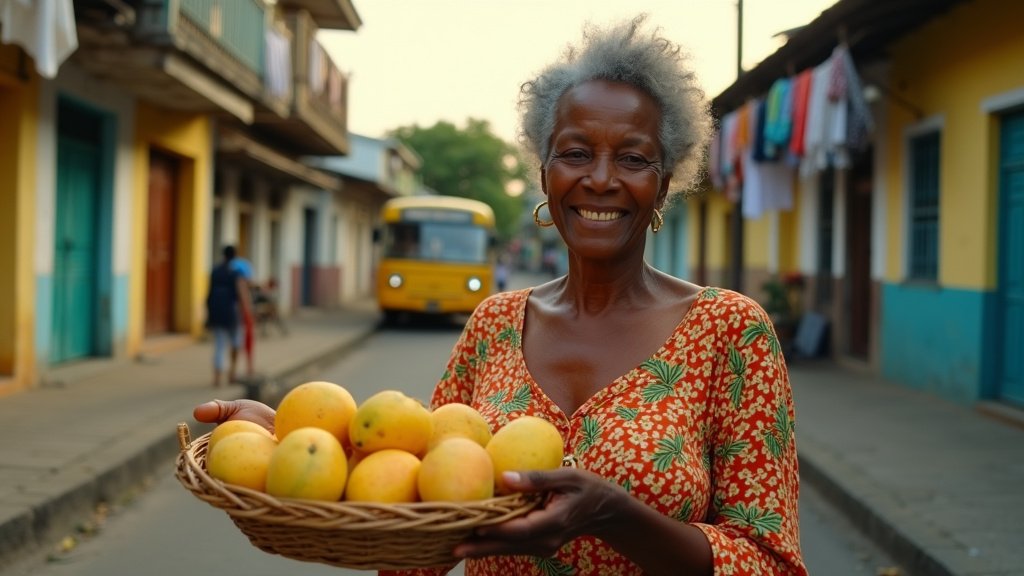In a landmark finding for the year 2025, Jamaica has been recognized as the world’s leading nation in terms of the likelihood of its citizens to help a stranger, according to the prestigious World Happiness Gallup Report. This significant achievement highlights the island’s deeply ingrained culture of generosity and community spirit, placing it at the forefront of global interpersonal kindness.
A Global Recognition of Jamaican Benevolence
The 2025 World Happiness Gallup Report, a comprehensive analysis drawing on data from the Gallup World Poll, has placed Jamaica at the pinnacle of its rankings for spontaneous acts of kindness towards unfamiliar individuals. The Caribbean nation outranks other countries that also showed high levels of generosity, including Liberia and Sierra Leone, which follow closely behind. This news is a testament to the everyday actions of Jamaicans, who embody a spirit of looking out for one another.
The Nuance: Direct Help vs. Formal Donations
While Jamaica’s top position for helping strangers is a cause for celebration, the report also sheds light on a fascinating dichotomy. The same report indicates that Jamaica, along with Liberia and Sierra Leone, ranks significantly lower—over 80 places down—when it comes to formal charitable donations to organizations. This trend is mirrored in other nations such as Nigeria and Kenya, which also appeared in the top ten for helping strangers but scored poorly in formal giving.
Researchers suggest this pattern is closely linked to levels of institutional trust. In societies where citizens may exhibit skepticism towards formal systems like law enforcement or organized charities, acts of kindness tend to manifest more directly through personal interactions rather than institutional channels. This suggests a cultural reliance on community and human connection, particularly when formal structures might not always meet people’s immediate needs.
Cultural Roots of Jamaican Generosity
The profound spirit of generosity observed in Jamaica is deeply woven into its cultural fabric and is seen as a vital component of its social cohesion. In Jamaica, helping a stranger is viewed not only as a moral value but also as a practical means of strengthening community bonds and fostering mutual trust. This ethos is beautifully encapsulated by the widely recognized Jamaican sentiment, “Mi house, yuh house” (My house is your house), which reflects an open-hearted willingness to welcome and assist others, whether they are guests or strangers. This welcoming spirit, often associated with the concept of “one love,” underscores unity, respect, and care for one another as a way of life.
Understanding the World Happiness Report
The World Happiness Report, a collaboration between Gallup, the Oxford Wellbeing Research Centre, and the UN Sustainable Development Solutions Network, annually assesses global well-being. It uses data from the Gallup World Poll, primarily relying on life evaluations from respondents rating their lives on the Cantril Ladder scale. While Jamaica ranked 73rd overall in life satisfaction on the Cantril Ladder, its leading position in the ‘helping strangers’ metric highlights a specific, yet crucial, aspect of human behavior. The report also includes data on donations (where Jamaica ranked 9th) and volunteering (77th), providing a broader picture of prosocial activities. The 2025 edition specifically focused on the impact of “Caring and Sharing” on happiness.
Broader Implications and Community News
Jamaica’s top ranking serves as a powerful reminder of the importance of community and direct human connection. The findings from countries like Nigeria and Kenya further illustrate a global trend where strong interpersonal generosity can exist alongside challenges related to institutional trust. In such contexts, the report suggests, helping strangers often becomes the most direct and effective way to provide support, given that formal organizational systems may be perceived as less reliable or accessible. This news provides valuable insight into the diverse ways that communities around the world foster well-being and support their members, emphasizing that a robust community spirit is a powerful indicator of a nation’s social health.

